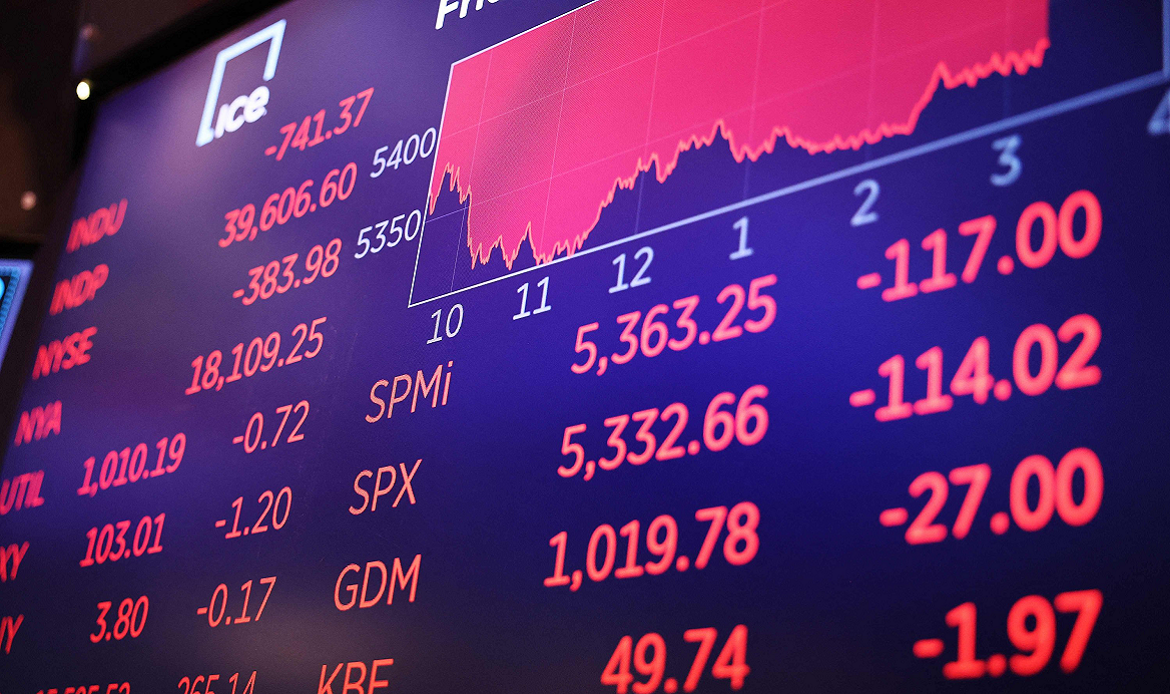The percentage of times (a a probability value) that an estimate is expected to be produced between the upper and lower bounds of a confidence interval. In other words, confidence degree, or confidence level (CL), is a statistical measure of the percentage of test results that can be expected to fall or lay within a specified range defined by an upper and lower bounds.
For example, a confidence level can express the probability that a cost estimate or a risk factor can be identified as belonging to a specific range within a broader set of observations. It is typically determined from a cumulative probability profile (cumulative distribution function), reflecting the likelihood– expressed as a percentage– that an occurrence will be realized.
The higher the confidence level, the higher the probability of such occurrence, and vice versa.





